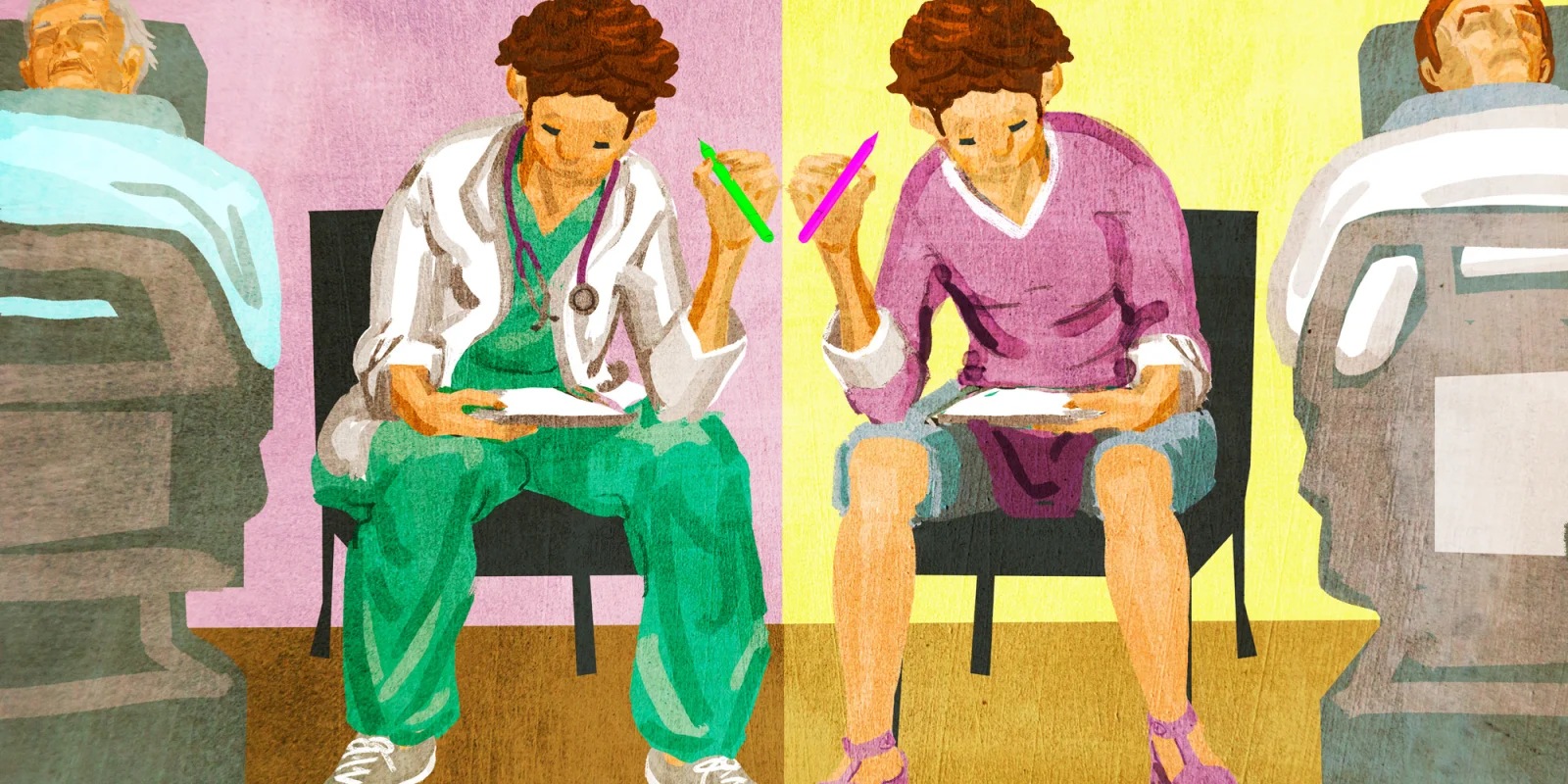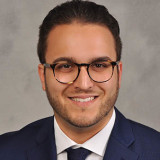 I had a troublesome experience this month: a family member of mine fell down late at night, and I was called to his home to provide physical assistance. After much consideration, the decision was made to monitor him at home. The fall was a result of chronic decline, and it was his wish not to be evaluated at a hospital in the middle of the COVID-19 pandemic. “So what do we do?” I was asked. I admit, I felt ashamed and even neglectful. Eight years ago, I had moved away from my home to upstate New York to attend college and medical school. Despite knowing the importance of planning for older age and the loss of independence it often brings, I had brushed off my obligation to my family, telling myself, “They have a physician who is probably guiding them through this and, anyway, I’m just a medical student.” Now a newly graduated physician, I found myself discussing the basics of a Medical Orders for Life-Sustaining Treatment form, goals of care, and wishes regarding nursing home versus in-home care at 11:30 p.m. I went home exhausted that night thinking we had a lot of work ahead of us.
I had a troublesome experience this month: a family member of mine fell down late at night, and I was called to his home to provide physical assistance. After much consideration, the decision was made to monitor him at home. The fall was a result of chronic decline, and it was his wish not to be evaluated at a hospital in the middle of the COVID-19 pandemic. “So what do we do?” I was asked. I admit, I felt ashamed and even neglectful. Eight years ago, I had moved away from my home to upstate New York to attend college and medical school. Despite knowing the importance of planning for older age and the loss of independence it often brings, I had brushed off my obligation to my family, telling myself, “They have a physician who is probably guiding them through this and, anyway, I’m just a medical student.” Now a newly graduated physician, I found myself discussing the basics of a Medical Orders for Life-Sustaining Treatment form, goals of care, and wishes regarding nursing home versus in-home care at 11:30 p.m. I went home exhausted that night thinking we had a lot of work ahead of us.
The next morning, I was on the phone for hours investigating available resources and eventually found myself in discussion with a wonderful team of social workers and RNs. Despite the ravages of a pandemic, they were able to discuss the needs of my family and arrange for the delivery of safety supplies. I quickly became a student of mobility devices, grab-handles, toilet seat extenders, pressure ulcer-prevention devices, and mechanical beds. I was told, “We can have these delivered to you in the next week.” We were also able to arrange a meeting the following week to assess the need for a home health aide.
However, we also experienced difficulties. COVID-19 has changed much of how health care is delivered. I was told the home health aide meeting would have to be conducted via telehealth, but there is no internet or mobile data where my family is located. Instead, a telephone conversation without a visual assessment had to suffice. In addition, enrollment in an at-home primary care service offered by my family’s health care provider was suspended due to the coronavirus. Their home environment was in need of major revisions and a home assessment by a contractor would not be possible until the curtailing of statewide economic restrictions. We were also faced with the task of determining who would provide assistance and care during the interim. I suppose the one thing the pandemic has afforded many of us without current employment is more time. The family decided that I was to be in charge of providing assistance until I start residency in July.
Regarding end-of-life planning, I have been told countless times by patients, family, and friends, “We haven’t really thought about that”; “I am/they are healthy and feel great right now”; “It can be taken care of later.” I’ve even told myself the same thing. My family is privileged in that we had timely access to a network of health care providers and social workers to efficiently begin care-planning with my family. But even so, we continue to encounter many barriers. It troubles me to think of the countless number of people, many of whom I’ve met as a medical student, that do not have prompt access to resources as my family did, or family members willing to help them at home, or someone in their life to engage them in one of the most important and dire conversations. We are in the middle of a real “plandemic,” one not of conspiracy and surely not viral on social media platforms. This plandemic is one of our own shortsightedness. I could have done better; we can do better. If there is anything this current pandemic has shown us about this ongoing plandemic, it is that there is no hypothetical situation too far-fetched to justify planning today how we intend to live the rest of our lives.
Dr. James Mattson will begin his residency in internal medicine this year at Stony Brook University Hospital.
Click here to see more perspectives on COVID-19 from the Doximity network.
Click here for up-to-date news about COVID-19 on Doximity.
Illustration by Jennifer Bogartz







